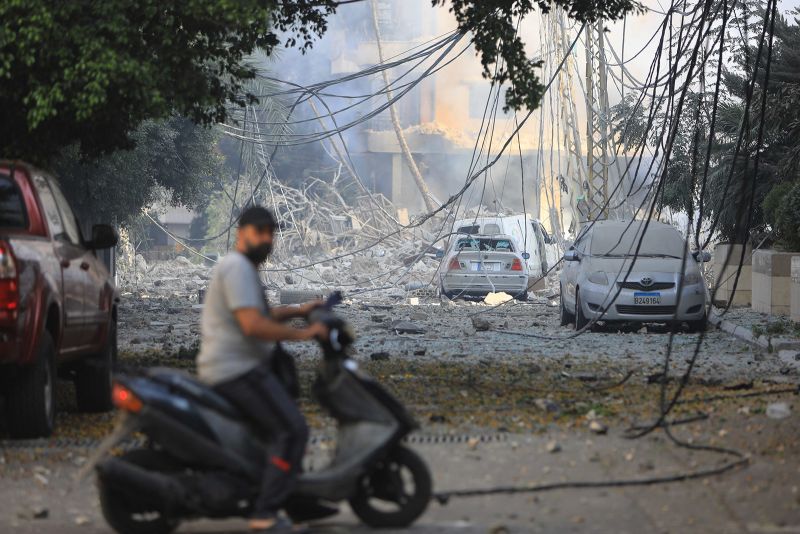
Iran Contemplates its Next Move Amid Close Ally’s Setback in Lebanon
The recent turmoil in Lebanon following the assassination of prominent Hezbollah figure, Lokman Slim, has sent shockwaves through the region and has prompted Iran to reevaluate its strategy in the Middle East. As Hezbollah’s closest ally, Iran now faces a critical juncture in its regional power play as it navigates the complex web of alliances and conflicts in the Middle East.
Hezbollah, a Shiite militant group backed by Iran, has long been a key player in Lebanese politics and a major ally of the Iranian regime. Lokman Slim, a vocal critic of both Hezbollah and Iran, was a prominent figure in Lebanon and his assassination has raised concerns about the extent of Iran’s influence in the country. This incident has put a spotlight on Iran’s role in the region and has forced it to reconsider its next steps.
Iran’s involvement in Lebanon is part of its broader strategy to expand its influence in the Middle East and challenge the dominance of its regional rivals, particularly Saudi Arabia and Israel. Through its support for Hezbollah, Iran has been able to establish a significant presence in Lebanon and project power beyond its borders. However, the recent events in Lebanon have exposed the vulnerabilities of Iran’s proxy networks and have highlighted the risks of overreliance on militant groups for achieving its strategic objectives.
In light of these developments, Iran is faced with a dilemma: should it continue to double down on its support for Hezbollah and risk further destabilizing the region, or should it reassess its approach and seek more sustainable ways to exert influence in the Middle East? The assassination of Lokman Slim has underscored the inherent risks of proxy warfare and has shown that Iran’s allies in the region are not immune to internal divisions and external threats.
Furthermore, Iran’s support for Hezbollah has also strained its relations with other key players in the region, including the United States and Israel. The recent escalation of tensions between Iran and Israel, coupled with the change in administration in the U.S., has added further complexity to Iran’s regional calculations. As Iran weighs its next move in the wake of the events in Lebanon, it must carefully consider the broader implications of its actions and the potential consequences for its regional ambitions.
In conclusion, Iran’s strategic calculus in the Middle East is at a critical juncture following the assassination of Lokman Slim in Lebanon. As Iran’s closest ally in the region, Hezbollah’s vulnerability has exposed the limitations of Iran’s proxy networks and has highlighted the risks of overreliance on militant groups for achieving its objectives. Iran now faces a delicate balancing act as it navigates the changing dynamics in the region and reevaluates its approach to exerting influence in the Middle East. The events in Lebanon serve as a stark reminder of the complexities and challenges that Iran must navigate as it seeks to maintain its position as a regional power player.
